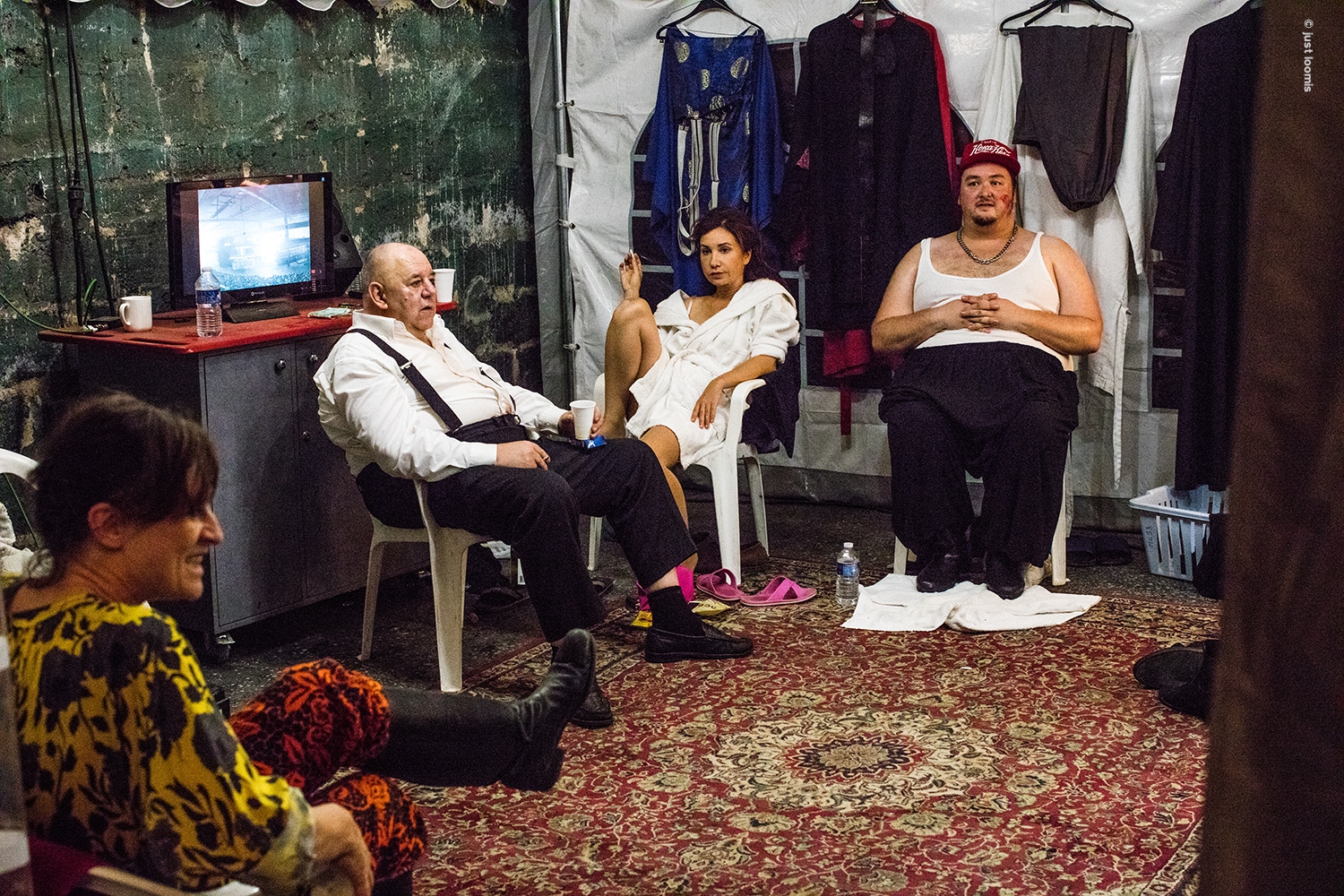


On the night of the first performance „The Miser” flops. The audience does not like to see Harpagon denounced as being an old miser, even though his cash box is dearer to him than his children’s love and happiness. Avarice is, in the mid-17th century, not deemed a capital vice because it is regarded as virtue and valued as economic factor in equal measure. The “Gospel of renunciation”, as Marx has dubbed the activity of saving money, is – along with robbery and fraud – a major building block of the original accumulation of capital and concomitant political economy.
Today, this economy seems to be on the point of collapse. It is a fact, however, that it has created a two-tier society in the capitalist West with its consumption-based ideology. Even if some people may have all the money to buy themselves whatever they desire, many others with less disposable income must shop at 99p stores and follow the motto “Tight is Right”. Political pressure to save money and expenses is, of course, exerted only on the latter group. In the light of banking crises and looming financial collapse, both German middle and lower classes are now closing ranks with the Greek, Italian and Spanish people. Avarice and greed are no longer seen as virtues or protestant ethic, but rather as the consequence of extremely low wages and an inequitable distribution of wealth.
“Is a poor life free from debts better than a good life lived on credit?”, the social scientist Wolfgang Pohrt asks. Don’t we simply need more money instead of more work? Live well and spend money vigorously in an intensive effort to get happy! Harpagon’s children Cléante and Élise eventually recognise the truth of the matter, and the playwright Molière lets them have their happy endings. Only the old miser remains a prisoner of his own mind-set, unable to take the next step in evolution - from keeping the money to giving it away without stinting.
With: Martin Wuttke (Harpagon, Cléantes und Élises Vater, verliebt in Mariane), Franz Beil (Cléante, sein Sohn, Geliebter der Mariane), Lilith Stangenberg (Élise, seine Tochter, Geliebte des Valère), Maximilian Brauer (Valère, Anselmes Sohn, Geliebter der Élise), Axel Wandtke (Anselme, Valères und Marianes Vater / Meister Simon, Geldverleiher), Kathrin Angerer (Frosine, Heiratsvermittlerin), Sophie Rois (Meister Jacques, Harpagons Koch und Kutscher / La Flèche, Cléantes Diener) and Margarita Breitkreiz (Mariane, Cléantes Geliebte, von Harpagon geliebt)
Director: Frank Castorf
Stage Designer: Bert Neumann
Costumes: Bert Neumann
Light Design: Lothar Baumgarte
Video: Andreas Deinert, Wolfgang Urzendowsky, Jens Crull
Dramaturgy: Sebastian Kaiser
Die anderen beiden Stücke unserer Molière-Trilogie finden sich unter folgenden Links:
Don Juan (von René Pollesch nach Molière),
Der eingebildete Kranke (nach Molière. Regie Martin Wuttke),